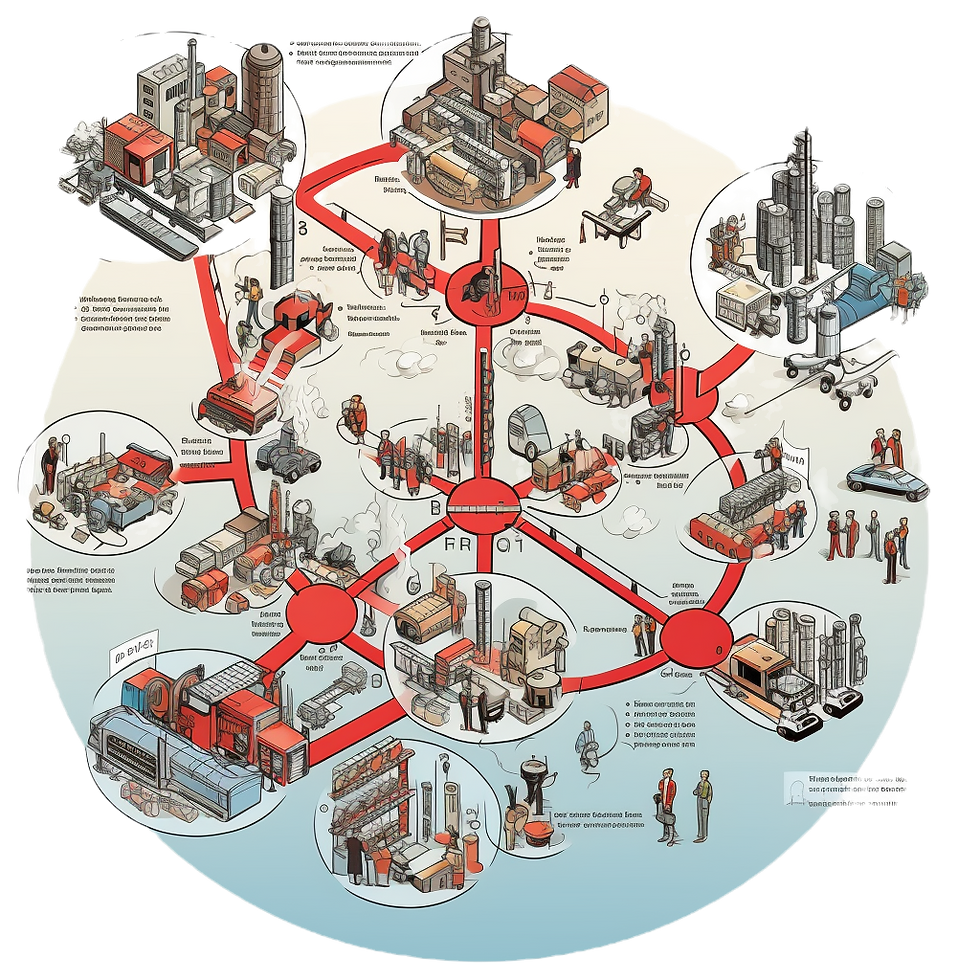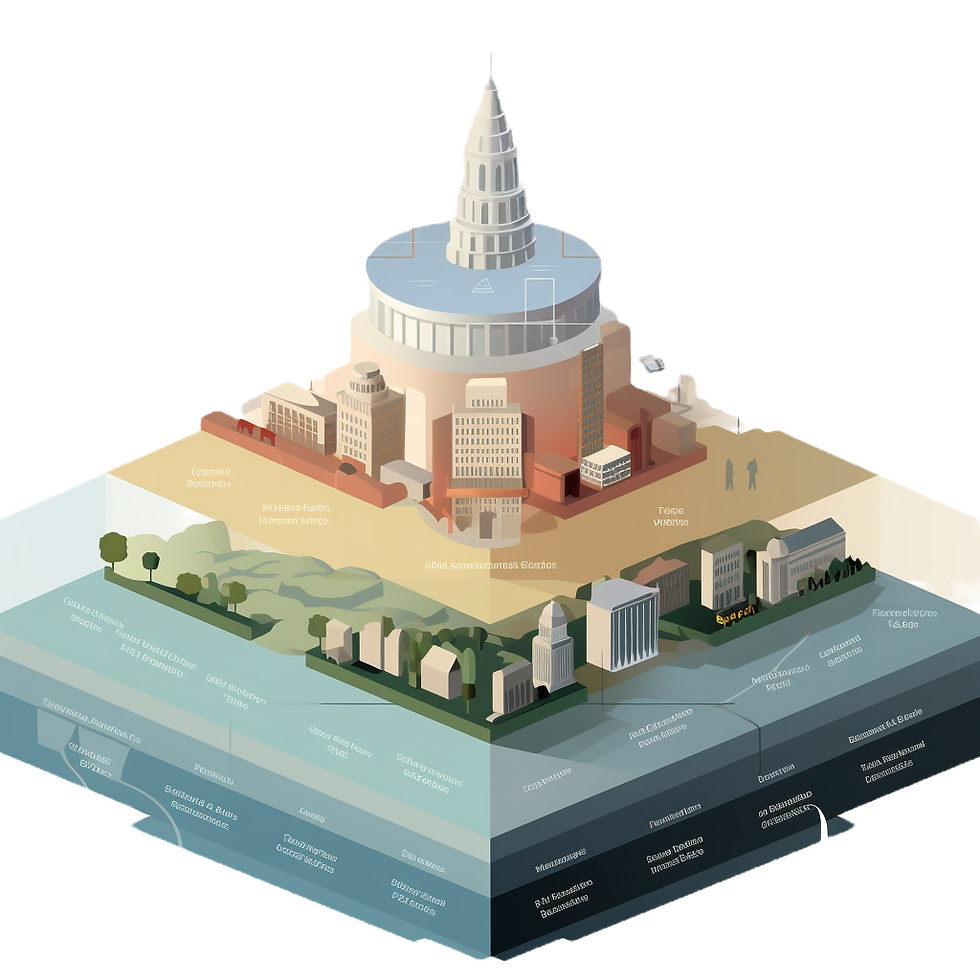- Jay Standish
- Jan 10, 2024
- 3 min read
In the last hundred years, Western liberal democracies have been very successful at technological advancement and economic growth. But what have we neglected in this race of progress? Where does hope lie for bringing our world back into balance?
Despite the "upgrades" in economics and technology, we're still humans with the same fundamental biology and psychology as our ancestors who wrote Shakespeare, paddled skiffs to Hawaii and survived famines and plagues. Over the last few centuries, we got caught up in insulating ourselves from the discomfort of nature- creating ever better agriculture, creature comforts and infrastructure. We have emancipated ourselves from vulnerability to nature but it's left us physically rich and spiritually bankrupt. In the quest to survive, we have over-succeeded, now threatening our own species with the toxic byproducts of over-consumption.

As we enter 2024, the zeitgeist suggests that wealth concentration, runaway AI and unaddressed climate change are hurtling us toward a dystopian future. Although probably a bit dramatic, it does like seem as a society we lack a compelling positive vision. Even if we had a vision, we lack the unity to act decisively as a society. If fact, it feels like we aren't really a society at all any more. Algorithms feed two versions of reality, fueling a political divide that stymies productive action from government. The pandemic exacerbated an already crippling loneliness epidemic. Middle class security seems laughably out of reach for Millennials and Gen Z. Climate change is now driving major weather disasters and could be past the point of no return.
Instead of harping on the intractable problems we all know about, let's starting focusing our attention on new angles and root causes.
It seems like we must learn to become a functioning society again. It seems like we have to drop the idle complaints and have some respectful conversations with our neighbors. It seems like we would benefit from redirecting the time we spend scrolling on screens into constructive collaboration on meaningful projects. But how do we actually do it? Let's start by framing up a basic foundation:
We have all the technology + resources we need to solve climate change; we just need to implement it.
We have all the food we need to feed the hungry.
We have all the money we need for everyone to make a dignified living

The root of our troubles is akin to a global mental health epidemic.
We have the resources we need to solve our problems, the issue is, we can't get our act together as a group of people to mobilize broad-scale action to make the necessary changes. Yes, it's at a large scale with a lot of complexity and nuance. But a political impasse is essentially just two groups with incompatible mindsets. That's a cultural problem. That's an attitude problem. Thats a psychological problem. So let's solve psychological problems.
We are all stuck in a tangled web of unhelpful mindsets, consumerist addiction, financial ambition and social comparison. The more each of us chooses to live for something more meaningful, the easier it becomes for others to quit trying to fill the empty void and instead, stare it down. We need to mature as individuals and as a society, and there comes a time in life when you either choose to align yourself with something real and meaningful or you fritter away your time with comforts, luxuries, status or respect. Luckily, as each of us level up, we set a new precedent, making it more visible, understandable and attainable for our peers to start authoring a better story. Fundamentally, more people simply have to take more responsibility for the world we call home.
In future posts, I'll outline the ways I'm orienting toward these issues:
1) Take Personal Responsibility: How the best thing you can do to change the world is to change yourself
2) Invest in Friendship: Rebooting post-pandemic community
3) Focus Your Impact: How choosing a lane makes deeper, more satisfying impact
4) Get Physical: Engaging with actual people in the real world


